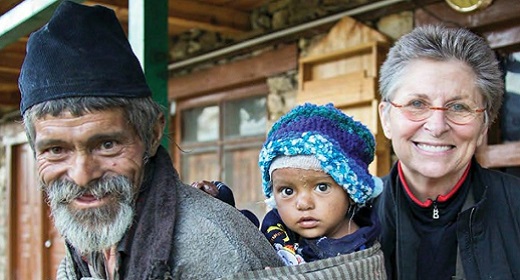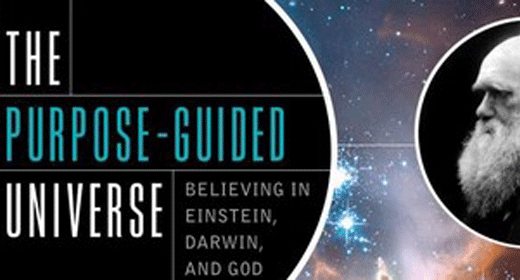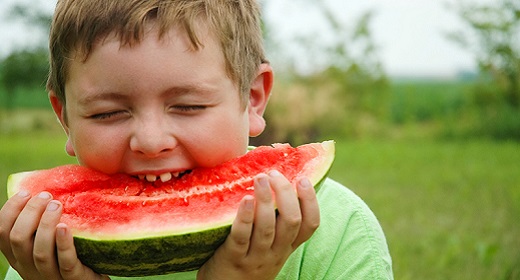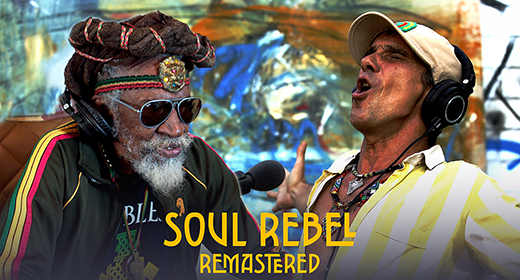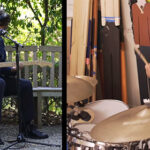by Dr. Bohdanna “Billie” Zazulak: My grandmother (Babcia) was born in 1898 on a farm in Busk, a quaint Western Ukrainian village

in the heart of Europe’s “breadbasket”. The rich black soil gave rise to rolling hills of gold wheat and red poppy fields at the foothills of the magical Carpathian Mountains, where people worked hard but lived happily for many years before the world wars. I loved to listen to Babcia describe her horses, cows, pigs, chickens, and rabbits, and was always amazed that she remembered their names almost a century later.
World War I and the Holodomor famine must have caused tremendous hardships, yet Babchia’s stories focused on positive memories of how her family survived due to the self-sufficiency of their farm. Her sky blue eyes would light up when she described blossoming fruit trees of the orchard, caring for her herb and vegetable garden, adventuring into the forest for mushrooms and berries, and falling in love with my grandfather (Dziadzio).
Babcia and Dziadzio married young, moved to a nearby village of Brody to start a family on a farm of their own. Babcia became the school principal for the village, while Dziadzo was ordained as the Catholic parish pastor. They were blessed with their 10th child in 1939 when WWII broke out and the Soviets began encroaching.
One of the few scary stories my Babcia told me was when a Soviet tank ran over her favorite apple tree while Dziadzio was away visiting his mother in the nearby city of Lviv. As the armed Soviet soldiers climbed out of the tank, Babcia rushed her children out the back door, to run and hide in the ravine beyond their orchard. The military thugs kicked the door open and demanded to see the “priest bandit”, as Stalin had outlawed Christianity. The atheist Soviets were rounding up clergy to murder, or worse (sending them to be tortured in Siberian labor camps). Babcia calmly and courageously responded: “My husband is not a bandit; He is a man of virtue”.
In such a tumultuous moment, it’s amazing that Babcia had the clarity and presence of mind to think and act quickly and decisively, immediately knowing the time had come for them to leave their beloved country. Before Dziadzio returned, she packed provisions onto their horse drawn wagon, and leashed her favorite cow, Kvitonia, to the back of the cart. The family made their way west with the kindness of strangers across a continent afire with war, before emigrating to Canada. With Dziadzio as the pastor of St. Nicholas Ukrainian Catholic Church, they began a new joyful life without oppression.
My grandparents could’ve stayed, given up their faith, and been appointed to positions in the Soviet regime. Instead, they gave up their home and all their possessions to pursue a life of virtue. So, what is “virtue”? Understanding the intangible quality of virtue has long been the quest of great Greco-Roman thinkers dating back to Cicero and Aristotle, further studied by Thomas Aquinas and David Hume, and more recently by psychologists.
The common thread of these philosophies delineates virtue as thinking, feeling, and responding to the world around us, while striving to be a morally good person. In my grandparents’ case, their theoretical construct of virtue was founded in Christianity’s theological virtues of hope, love, and faith. In fact, their grounding in these guiding principles was so strong that they named their first 3 children Nadia (Hope), Lubov (Love) and Vera (Faith). This virtuous mindset empowered my grandparents to not only survive through adversity, but to thrive with gratitude and joy.
The scientific community is now recognizing virtue as a vital component of a healthy mindset for wellness and injury prevention. Mindset is your state of mind, disposition, and perspective that shapes your outlook, self-perception and how you make sense of the world, which have a tremendous effect on how you think, feel, and perform. Conversely, how you think, feel, and perform influences your mindset, making your mind and body powerful allies. New research supports that a mindset grounded by virtues of hope, love, and faith, is a strong predictor for health, wellness, and happiness.
Hope
The virtue of hope fosters positive thinking and confidence, whereas negative thoughts hinder ability to function at optimal levels and are counterproductive to aspirations. In fact, studies show optimism lowers rates of depression, stress, pain, as well as risk of injury and death. A positive outlook is directly associated with healthy behaviors that promote mind-body-spirit wellness and prevent disease.
Hope alters the neurochemistry in your body, releasing a flood of natural morphines throughout your body, improving immune, respiratory, and motor function, cardiovascular health, and longevity. Positive thinking can actually be trained like a muscle to develop a wellness mindset, utilizing conscious practice to develop subconscious optimism over time. This conscious effort trains your passive wishes to become hope, an active mindset.
A strong belief in one’s ability and unlimited potential to make wishes come true through dedication and hard work, is a common quality of all great people, and essential for noble accomplishments in all walks of life. Boost your brightness by starting each day with a positive intention. Hoping for an awesome day is your first step towards an awesome life!
Love
The virtue of love bestows an unconditional, deep sense of care and commitment to yourself, the Universe, and all her inhabitants promoting unselfish acts of kindness, compassion, and service. Fuel yourself with love: eat Earth-conscious foods, sleep well, exercise daily, and nurture your mind-body-spirit to achieve inner peace, clarity and tranquility in the present moment, as the first step toward individual and collective wellness.
When we become more aware of ourselves, we are more aware of our impact on the world around us. Mindfulness and meditation moderate the nervous system, even in stressful situations. You can train yourself to gain control of thoughts to decide which to let into your mind, and which thoughts to reject. New research supports mindfulness as an effective tool to improve attention, ability to focus, sharpen senses, and even reduce injury rates.
When the mind is cleansed of all the clutter, vision, hearing, smell, taste, touch, proprioception (position sense), and interoception (sense of your internal state) are all amplified. In this heightened state of awareness, integration with nature nurtures oneness with deep love, compassion and caring for the planet as an extension of ourselves. Caring for Mother Earth is an act of self-love, and self-love is the fuel that allows your light to shine and illuminate the world around you!
Faith
Nurturing the spiritual dimension of ourselves empowers individual and collective wellness. Spirituality, a wide-ranging concept with many perspectives, is a domain of awareness where we experience universality, or a sense of connection to the Universe, a higher power, or something sacred and transcendent. Faith is a universal human experience, yet it touches all of us in distinctive ways.
Regardless of your source of inspiration, spiritual awakening is important for the state of consciousness with which you meet the world, and a key ingredient of happiness. A spiritual mindset supports the intention to lead a soulfully conscious life of virtue without fear. In fact, courage is one of the greatest manifestations of faith. The highest level of courage can only be achieved with confidence in something greater than ourselves.
The main concept behind mind-body-spirit health is that we are all more than just our bodies. We are also our thoughts, our emotions, and our spirituality, which combine to give us identity, make us one with the universe, and determine our mindset. Breath is the bridge that unites the body, the mind, and consciousness, and allows us to take hold of our mind in the present moment. Focused attention on mindful breathing regulates the nervous system and awakens awareness, which is essential for mastering the mind (rather than allowing the mind to master you). Believe in your goodness and the goodness in others, as positive thoughts are contagious and associated with positive experiences such as gratitude, strength, and joy. Using this simple principle of attraction, the moral compass of consciousness will guide us with hope, love, and faith on a virtuous path to wellness, to soar like a snowy owl to our highest, truest self. Breathe well, think well, live well, be well!
Read The MAP to Wellness Here: Awakening with Mother Earth – Dr. Bohdanna “Billie” Zazulak
Read Here: Agility of Mind-Body-Spirit – Dr. Bohdanna “Billie” Zazulak
Read Here: Illuminating Purpose – Dr. Bohdanna “Billie” Zazulak
Learn to awaken and empower yourself in her book Master Your Core and on her website doczaz.com.





